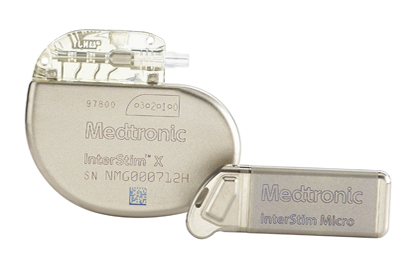Fecal Incontinence: When to Seek Medical Help
May 8, 2024
By: Anthony Dinallo, MD, MPH, FACS
Categories: Wellness
It’s more common than Alzheimer’s disease and asthma, but it’s not a normal part of aging.
Fecal incontinence is the inability to control your bowel movements. Loss of bowel control is extremely disruptive to day-to-day life, and while it is difficult for most people to discuss, it is common. In fact, it’s more common than Alzheimer’s disease and asthma, but it’s not a normal part of aging.
Life with Fecal Incontinence
Patients with chronic fecal incontinence experience frequent bowel accidents, inability to resist the urge to go, inability to feel when they need to go, needing to use pads and protective garments, and planning activities around the bathroom and not leaving the house.
Causes
Fecal incontinence may be caused by medications patients are taking that are causing loose bowel movements. It could be caused by trauma, specifically after childbirth. It could also be caused by nerve issues around the anus.
Treatment Options
Conservative treatment includes medication modifications, dietary modifications – including increased fiber, pelvic floor physical therapy, and biofeedback treatment using electronic instruments. When these conservative treatments fail to provide the desired results, we look at more advanced treatment.

Sacral nerve stimulation is a minimally invasive, outpatient procedure, that places a wire near the sacral nerve root that controls bowel movements. This wire is connected to a small device that is implanted in the buttocks. This system stimulates the nerves to restore bowel-brain communication and significantly reduces symptoms. Many patients describe the sensation as a tingling, flutter, or vibration – and not painful.
Is Advanced Therapy Right for You?
Want to learn more about advanced therapy for bowel incontinence? Watch our pre-recorded seminar, request an appointment, or call or call (208) 302-2400.

